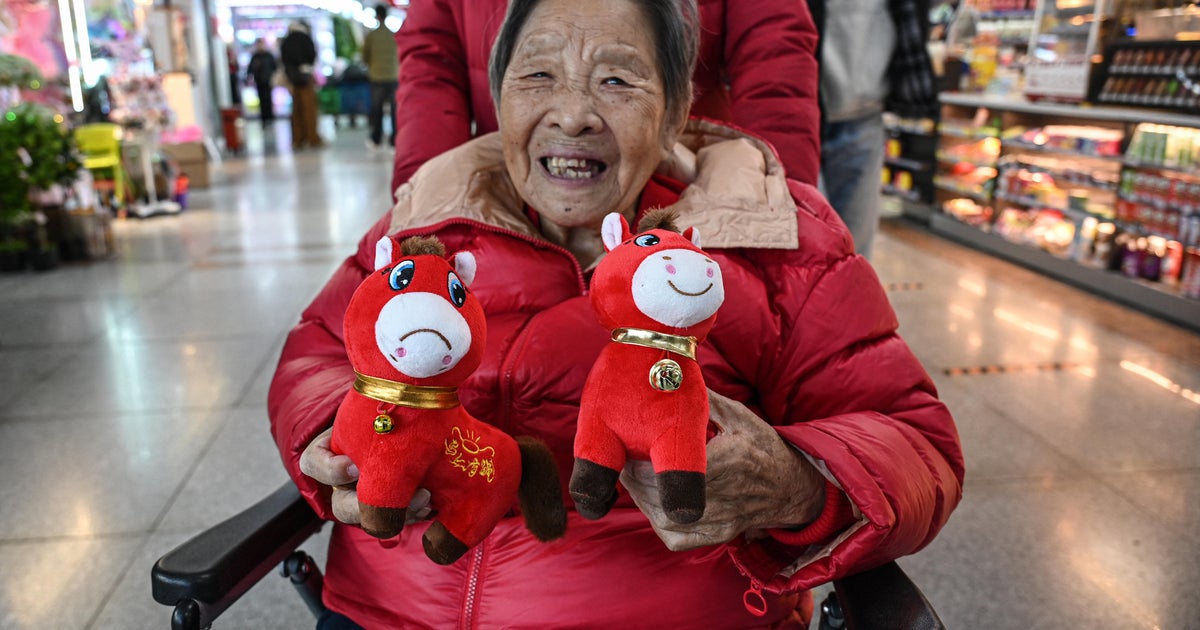Playing God in China's mutant mice lab
When it comes to genetic editing, China's academic science apparatus doesn't try to hide much. On the marble exterior of this university building in Nanjing, China, the name proudly reads "National Resource Center for Mutant Mice."
Inside, shelves house rows of what look like plastic lunch boxes, but inside are thousands of those tiny mutants, mice whose genetic makeup has been tweaked to allow the scientists try out different kinds of therapies. Nanjing University was one of the first academic institutions to start using the CRISPR DNA-editing technology when it was discovered in 2012, and they're charging ahead.
Dr. Gao Xiang and his staff edit the genomes of mice to investigate the causes of human diseases at the genetic level. They have more than 4,000 strains of CRISPR-edited mice here. They're used for investigating cures for cancer, blindness, and even obesity in the hope that their discoveries can be translated to humans in short order.
They're closer than most. Two clinical trials have already been conducted using CRISPR on human cancer patients, and Gao says more are underway.
Mice have been used for decades for initial phases of testing because their genetic makeup is close enough to that of humans to make the results useful, or at least, indicative. But when it comes to tweaking human DNA, there is still, says Gao, the "human problem." That problem is ethical. "When you cross it, there's no way back," he tells CBS News.




